Welcome to the webpages of the Logic Group of the Institute of Computer Science of the Czech Academy of Sciences (ICS CAS). You'll find us here.
Latest News & Updates
Members
-
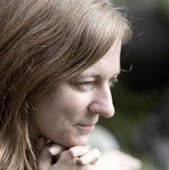
Marta Bílková
-

Sam Braunfeld
-

Petr Cintula
-

Fabio De Martin Polo
Postdoctoral Researcher
-

Wesley Fussner
-

Han Gao
Postdoctoral Researcher
-
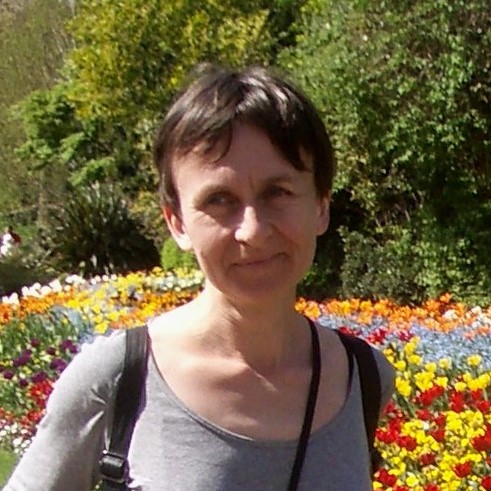
Zuzana Haniková
-
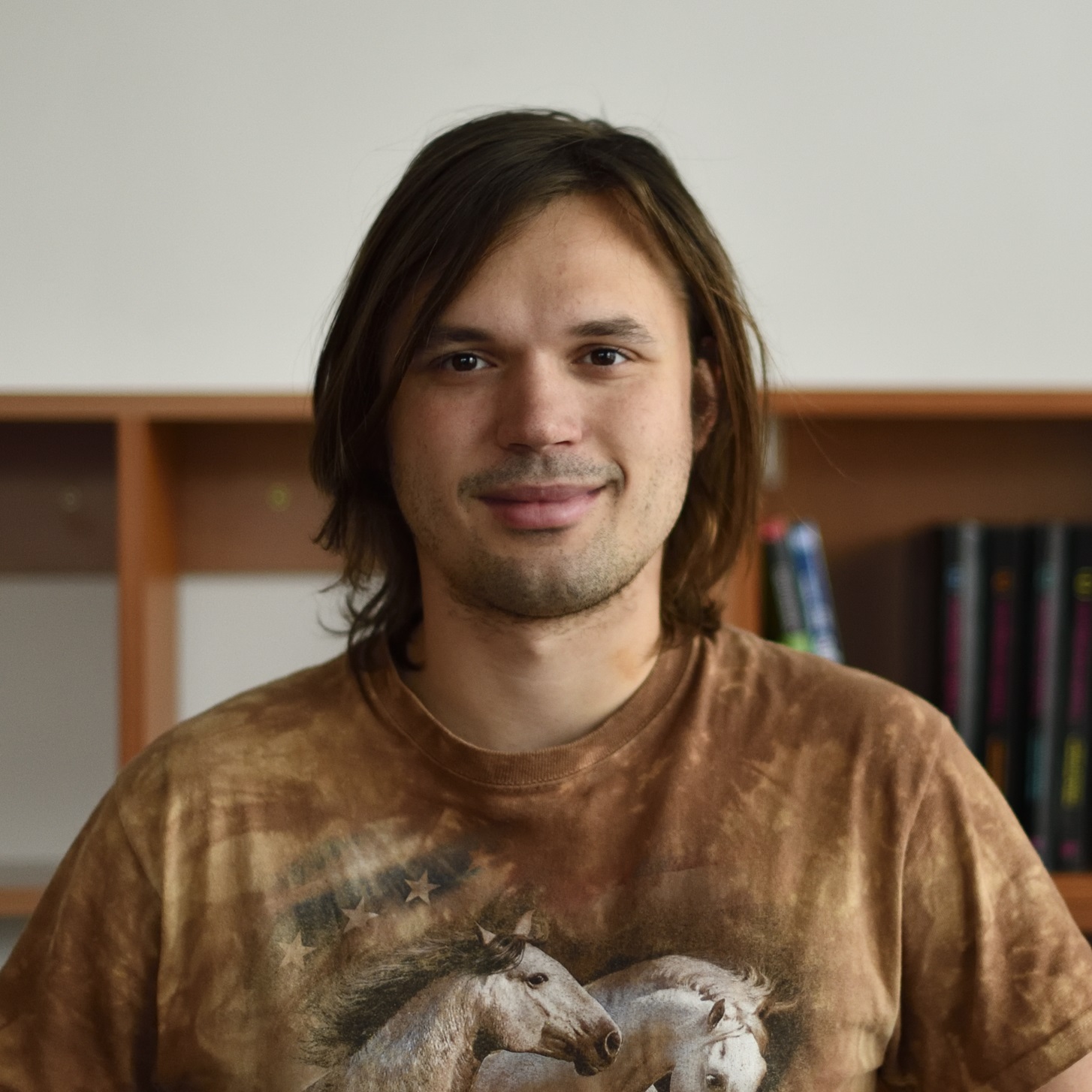
Filip Jankovec
PhD Student
-
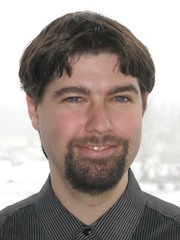
Roman Kuznets
-

Krysztof Krawczyk
Postdoctoral Researcher
-
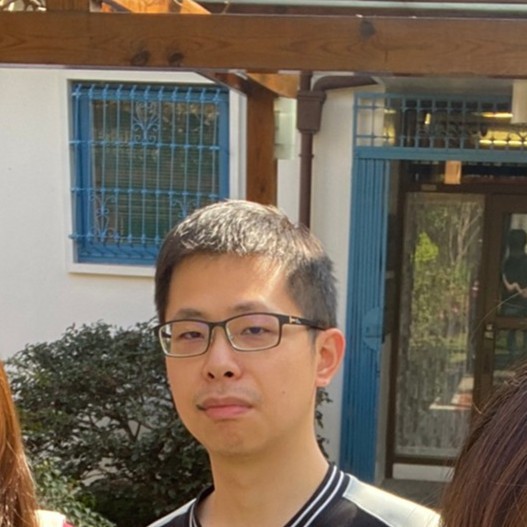
Chun-Yu Lin
PhD Student
-
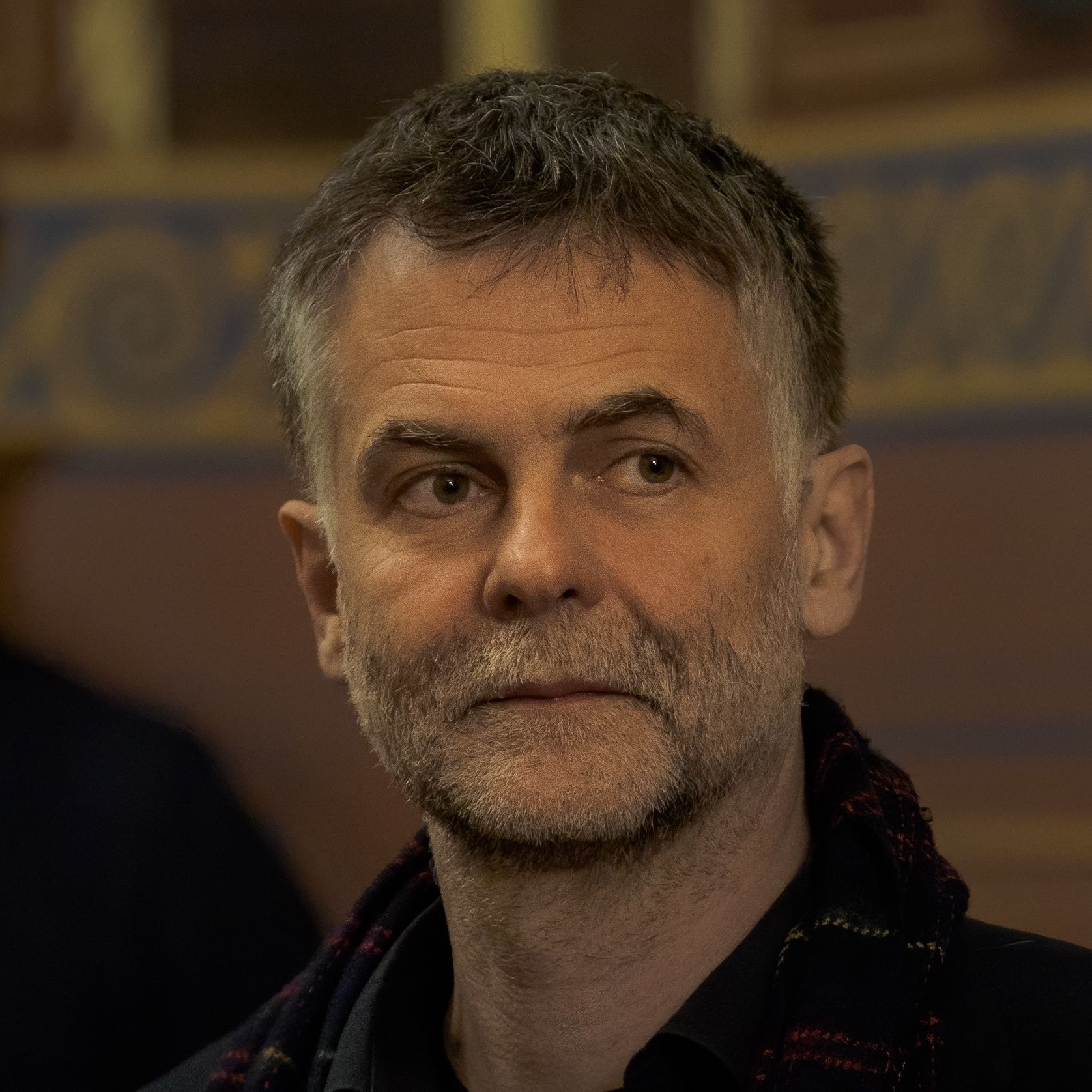
Ondrej Majer
Project Researcher
-

Krishna Manoorkar
Postdoctoral Researcher
-

Wolfgang Poiger
Postdoctoral Researcher
-
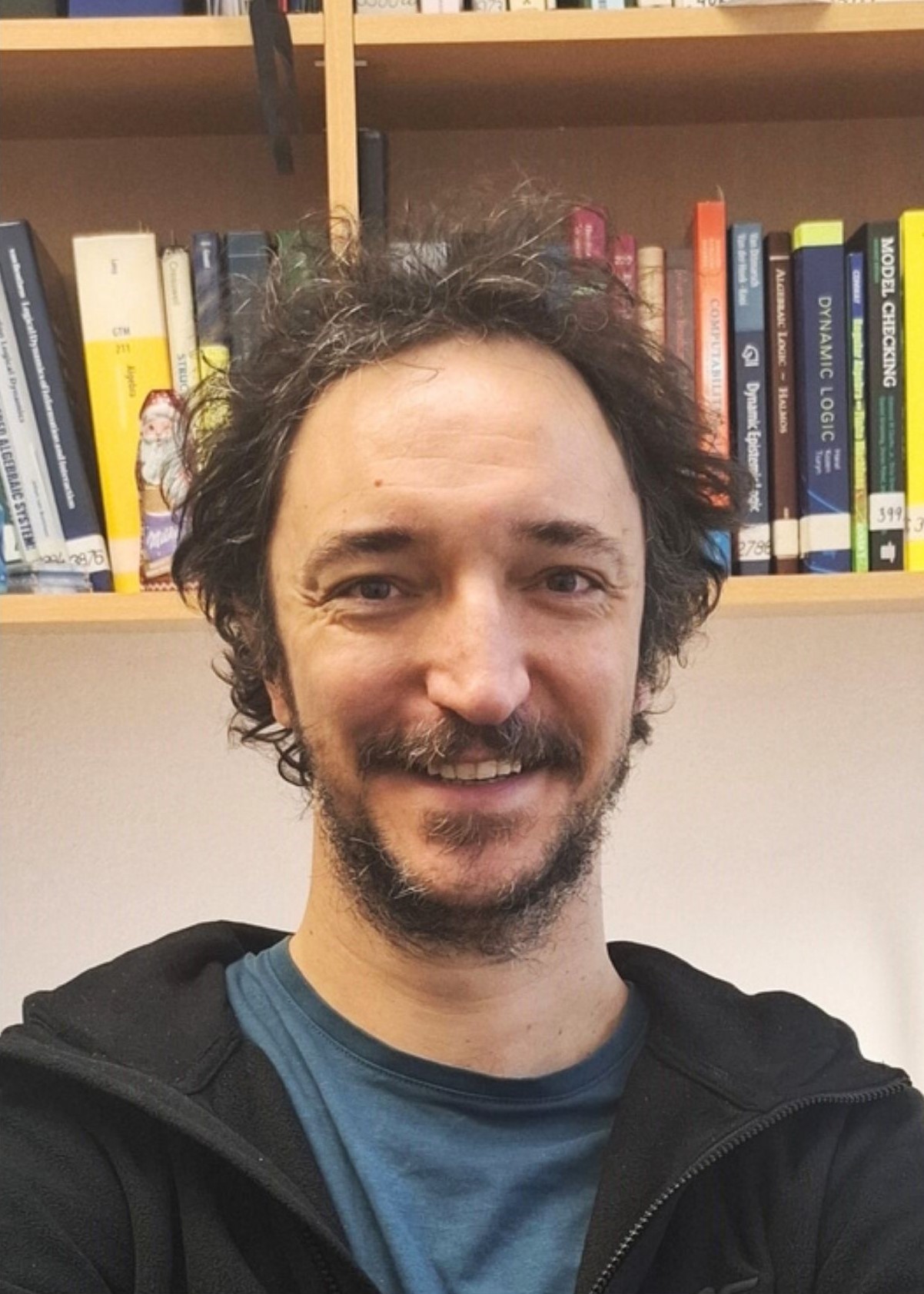
Igor Sedlár
-

Amanda Vidal
Postdoctoral Researcher
Past members: Paolo Baldi (→ University of Milan), Stefano Bonzio (→ Polytechnic University of the Marche in Ancona), Libor Běhounek (→ University of Ostrava), Thomas Macaulay Ferguson (→ Rensselaer Polytechnic Institute), Nicholas Ferenz (→ University of Lisbon); David Fernández-Duque (→ University of Barcelona), Karel Chvalovský (→ Czech Technical University), Petr Hájek (✞), Dagmar Harmancová, Rostislav Horčík (→ Czech Technical University), Tommaso Moraschini (→ University of Barcelona), Milan Petrík (→ Czech University of Life Sciences), Adam Přenosil (→ University of Barcelona), Luca Reggio (→ University of Oxford), Andrew Tedder (→ Ruhr University Bochum), Amanda Vidal (→ IIIA-CSIC Barcelona), Jamie Wannenburg (→ University of Pretoria), Kentarô Yamamoto (→ Polish Academy of Sciences, Institute of Mathematics).
Our Research Focus
Research topics: non-classical logic, modal logic, substructural logics, dynamic logic, abstract algebraic logic, universal algebra, philosophy of mathematics, epistemic logic, relevant logic, algebras for program verification, probabilistic logics, and much more...
Current Projects:
- INTERACT: Interpolation, Amalgamation, and Computation (PI: Wesley Fussner)
2025-2029 (Czech Science Foundation Junior Star) - Modern Czech Logic in the Philosophy of Mathematics (PI: Zuzana Haniková)
2025-2027 (Czech Science Foundation) - KATRA: Knowledge, Action and Time - A Relevant Approach (PI: Igor Sedlár)
2025-2027 (Czech Science Foundation) - CELIA: Coalition and Epistemic Logic - An Intensional Approach to Groups (PI: Olivier Roy & Marta Bílková, coPI: Ondrej Majer)
2022-2025 (Czech Science Foundation and German Science Foundation, Lead Agency) - We're a partner in the MOSAIC project
2020-2025 (EU MSCA-RISE)
Recent Projects:
- GRADLACT: Graded Logics of Action (PI: Igor Sedlár)
2022-2024 (Czech Science Foundation) - MetaSuMo: Metamathematics of Substructural Modal Logics (PI: Petr Cintula)
2022-2024 (Czech Science Foundation) - NOCLID: Nonclassical Logical Models of Information Dynamics (PI Igor Sedlár), 2018-2021, Czech Science Foundation (Junior Project)
Upcoming Seminars & Events
Our regular research seminar runs on Wednesdays 4pm and talks are often streamed via Zoom. More information can be found at the seminar webpage. To join the seminar mailing list, contact the organisers, Zuzana Haniková and Igor Sedlár.
Upcoming talks:
- 15 October Fabio De Martin Polo (Institute of Computer Science, CAS): Reflecting on the proof theory of first-order relevant logics and relevant modal logics
- 22 October Roman Kossak (CUNY Graduate Center): The Tennenbaum phenomenon in a general setting
- 29 October no seminar
Join Us
The ICS and the Czech Academy of Sciences regularly open calls for postdoctoral researchers, and tenure-track positions are opened on a yearly basis at the ICS. Let us know if you are interested in applying.
Current calls:
- Stay tuned!
The ICS welcomes applications within international schemes such as the MSCA Postdoctoral Fellowships. Applications are particularly encouraged since the government of the Czech Republic supports no-money MSCA-PF projects. Another funding option are the Individual Postdoctoral Fellowships of the Czech Science Foundation. Please get in touch if you are interested in applying.
Teaching and Supervision
Members of the group offer supervision of Master and PhD theses focusing on their research topics. We can serve as supervisors and co-supervisors for students based at universities in and outside the Czech Republic. Get in touch if you're interested in writing your thesis with us.
Current PhD students:
- Giorgio Cignarale (co-supervised by Roman Kuznets at TU Wien)
- Filip Jankovec (co-supervised by Petr Cintula)
- Chun-Yu Lin (supervised by Marta Bílková)
- Thomas Schlögl (co-supervised by Roman Kuznets at TU Wien)
Past PhD students:
- Pietro Vigiani (co-supervised by Igor Sedlár at the Scuola Normale Superiore di Pisa), thesis Reasoning about Relevant Epistemic Logic defended in 2025.
- Rojo Randrianomentsoa (co-supervised by Roman Kuznets at TU Wien), thesis Epistemic Logic for Distributed Systems with Crash Failures defended in 2025.
- Adam Přenosil (supervised by Marta Bílková at the Charles University in Prague), thesis Reasoning With Inconsistent Information defended in 2018.
- Karel Chvalovský (supervised by Marta Bílková at the Charles University in Prague), thesis Undecidability of Some Substructural Logics defended in 2015.
Recently taught courses:
- Dynamic Logic. Charles University, Fall 2023.
- Dynamic Logic. Charles University, Fall 2021.
- Mathematical Logic 2021/22. Czech Technical University.